The Stacked Guide To Property Tax And Stamp Duties
August 28, 2020
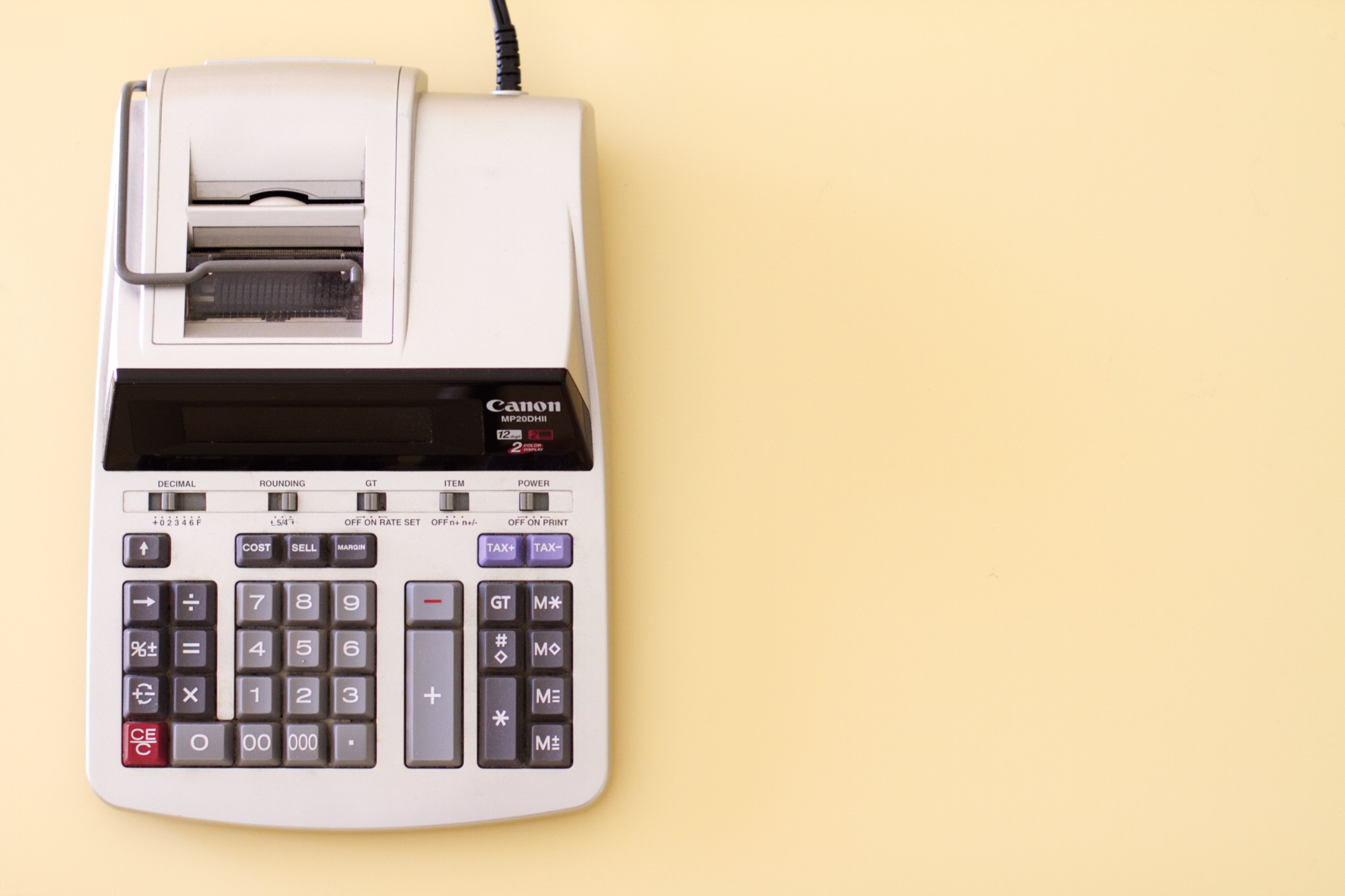
Many first-time home owners overestimate the price of their first property. It’s probably due to constant conditioning over social media, news, etc. that remind you how “Singapore is the world’s most expensive city”, etc. But here’s the bit that’s often overlooked: Singapore is low tax when it comes to property.
There’s no capital gains tax (at least not after the first three years), recurring taxes are among the lowest in the region for owner-occupied homes, and there’s no inheritance tax. All of this tends to get overlooked however, because buyers get confused by the different taxes, stamp duties, and the conditions in which they apply.
To provide some clarity, here’s a run-down on all the facts you need to know:
So many readers write in because they're unsure what to do next, and don't know who to trust.
If this sounds familiar, we offer structured 1-to-1 consultations where we walk through your finances, goals, and market options objectively.
No obligation. Just clarity.
Learn more here.
The stamp duties payable when buying property
- Buyers Stamp Duty
- Additional Buyers Stamp Duty
- Sellers Stamp Duty

1. Buyers Stamp Duty (BSD)
The BSD is payable on any property purchase (HDB or private) via:
- Usual modes of purchase (i.e. through a typical Sale & Purchase Agreement)
- Properties received by way of gift (including declaration of trust and settlement)
- Properties received as part of a company winding up / being liquidated
There is usually no BSD for properties received via inheritance, unless for some reason the property is not inherited via a will, the Intestate Succession Act, or Muslim Law of Inheritance.
BSD is payable within 14 days of completing the property transaction, and can be paid in cash or CPF.
BSD is based on the purchase price of the property or the market valuation, whichever is higher (e.g. if the property is sold at $1 million but the market value is $1.1 million, then the BSD will be based on $1.1 million):
| Purchase price or valuation (whichever is higher) | BSD rate |
| First $180,000 | 1% |
| Next $180,000 | 2% |
| Next $640,000 | 3% |
| Any outstanding amount | 4% |
For example, for a property valued at $1.1 million, the BSD rate will be:
1% of first $180,000 = $1,800
2% of next $180,000 = $3,600
3% of next $640,000 = $19,200
4% of remaining $100,000 = $4,000
BSD payable = $28,600
Note that non-cash benefits, such as rental guarantees or furniture vouchers from a developer, cannot be deducted from the purchase price when calculating the BSD.
2. Additional Buyers Stamp Duty (ABSD)
For Singapore Citizens, the ABSD applies only on the second or subsequent residential properties that you purchase. For Permanent Residents, entities, and most foreigners, the ABSD applies from the first residential property onward.
Note that overseas properties are not included in your property count for ABSD purposes. So if you own a property in Malaysia, but are buying your first home in Singapore, you would not pay ABSD on the Singapore property.
(For issues of upgrading, such as buying a new property before you sell your existing home, see further below)
ABSD must be paid on properties that are received by way of gift; but there’s usually no ABSD on properties that are received via inheritance (unless the property is not inherited via a will, the Intestate Succession Act, or Muslim Law of Inheritance).
ABSD is payable within 14 days of completing the property transaction, and can be paid with cash or CPF.
| Buyer | ABSD rate |
| Singapore Citizen buying 1st property | 0% |
| Singapore Citizen buying 2nd property | 12% |
| Singapore Citizen buying 3rd property | 15% |
| Permanent Resident buying first property | 5% |
| Permanent Resident buying second and subsequent properties | 15% |
| Foreigners buying property | 20% |
| Entities buying property* | 25%* |
*Developers pay 30 per cent ABSD, and can seek remission for 25 per cent ABSD. Notice that there’s almost no point in buying a property through a shell company, given the much higher ABSD.
If the property is jointly purchased by buyers of different profiles, the highest ABSD rate will apply. However, note that you’re eligible for ABSD remission (see below) if you or your spouse are jointly purchasing your first matrimonial home.
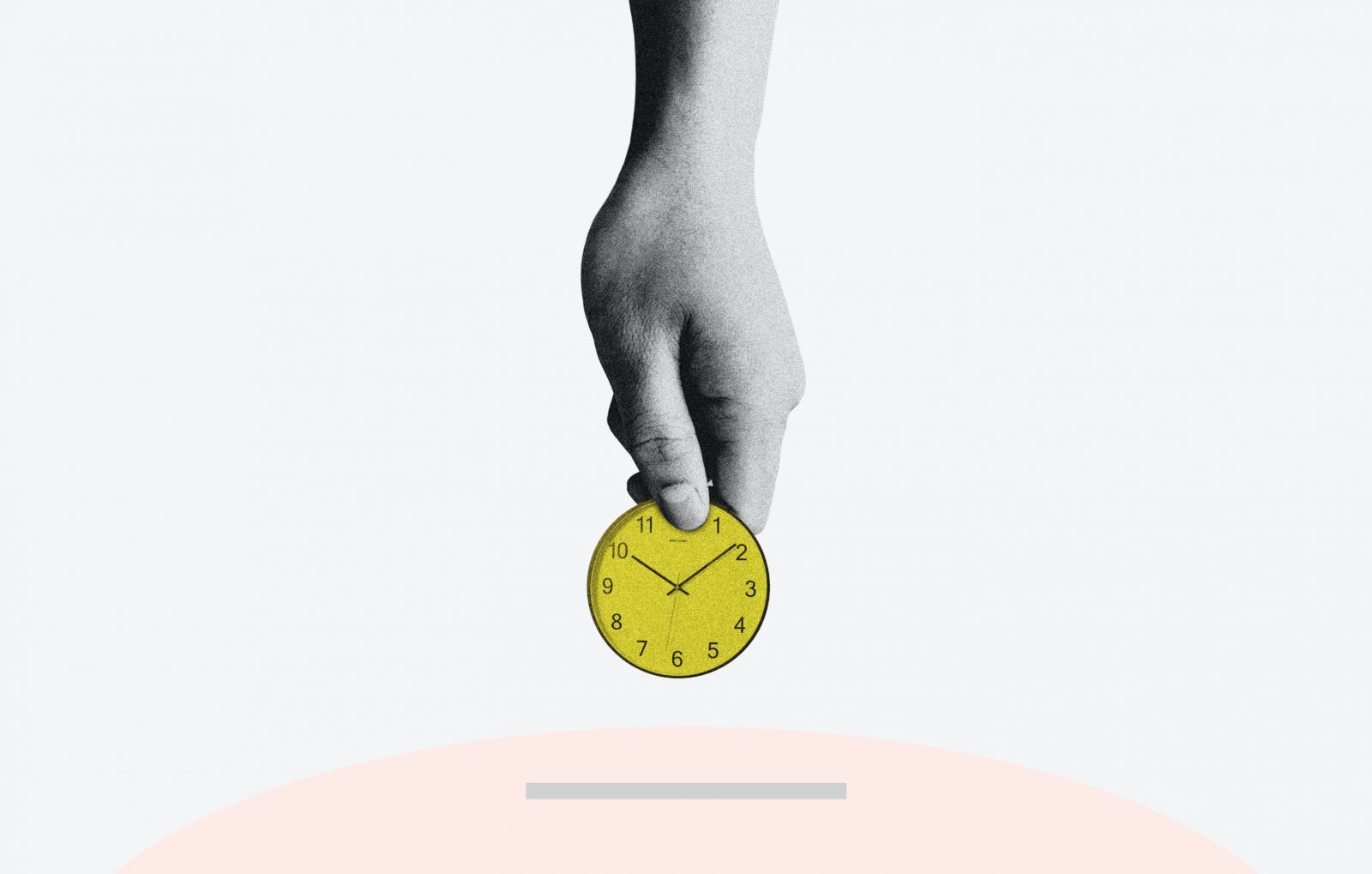
ABSD remission and upgrading
Some property buyers are eligible for ABSD remission. A married couple with at least one Singapore Citizen may apply to get their ABSD back, if they sell their previous home within six months of acquiring a new property. You must remain married at the time when you apply for ABSD remission.
For example: say you own a four-room flat, but then buy a private condo unit. Assuming you are Singapore Citizens, you would have to first pay 12 per cent ABSD on the condo unit, within two weeks of the purchase.
However, if you sell your four-room flat within six months of purchasing the condo, you can apply for ABSD remission. This is a time sensitive issue; if you’re in danger of missing the deadline, drop us a message on Stacked, and we may be able to help. (Current deadlines have been extended by 6 months because of the pandemic).
Upgraders do not pay ABSD when upgrading from one HDB property to another. For example, there’s no ABSD if you buy a five-room flat, before selling your three-room flat (because HDB rules would require you to dispose of your previous flat within six months anyway).
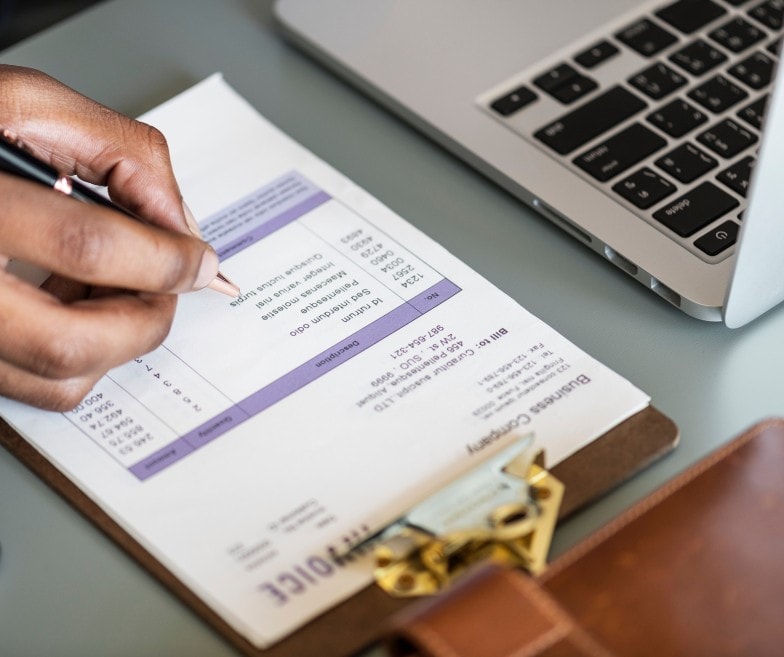
Property Market CommentaryABSD remission in Singapore – Everything you need to know
by Druce TeoThere’s also no ABSD if you are upgrading to an Executive Condominium (EC) from an HDB flat.
As mentioned above, a married couple with one Permanent Resident can also apply for ABSD remission, if they’re jointly purchasing their first matrimonial home (you need to apply for it on this IRAS form).
Some foreigners can apply for ABSD remission as well
At present, these include Nationals and Permanent Residents of:
- Iceland
- Liechtenstein
- Norway
- Switzerland, and
Citizens (only) of the United States of America
This is contingent on the status of ongoing Free Trade Agreements (FTAs) between Singapore and your home country.
Sellers Stamp Duty (SSD)
The SSD is payable only on properties sold within three years of the date of purchase / acquisition. It is based on the higher of the selling price or valuation.
The date or purchase / acquisition can be:
- The date you exercise the Option To Purchase (OTP)
- Actual Sale & Purchase Agreement date
- Date of Agreement for Lease, or Date of Transfer
The SSD is as follows:
- Within first year of purchase = 12%
- Within second year of purchase = 8%
- Within third year of purchase = 4%
There is no SSD if you sell beyond the third year of purchase / acquisition.
Note that SSD still applies for en-bloc sales. So if you purchase a condo and it goes en-bloc during the first three years, you would be liable to pay the SSD.
There are some situations when you may not have to pay SSD. We’ve picked out the ones most relevant to home buyers here:
- There is no SSD if the government is acquiring your home under the Land Acquisitions Act
- You don’t need to pay SSD if you’re selling your properties as a result of bankruptcy proceedings
- Entities don’t pay SSD when selling off their residential properties due to liquidation / winding up
- There is no SSD if your flat is being returned to HDB due to re-possession or the Selective En-bloc Redevelopment Scheme (SERS).
Inheritance issues can get complex; such as if you inherit a flat that was purchased during the SSD period, but must dispose of it as you own private property. Check out our previous article on inheritance issues for more details.

Property taxes
The percentage of property tax is based on your property’s Annual Value (AV). The AV is the estimated annual income your property could generate, were you to rent it out (excluding factors like maintenance fees and renovations). IRAS applies this method regardless of whether your property is rented out.
Note that the AV may not correspond to the actual rental income of the property. If you feel that your AV is unfair, you can raise an objection with IRAS for their review.
For owner-occupiers, the following tax rates apply:
| Annual Value | Tax Rate | Property Tax Payable |
| First $8,000 Next $47,000 | 0% 4% | $0 $1,880 |
| First $55,000 Next $15,000 | – 6% | $1,880 $ 900 |
| First $70,000 Next $15,000 | – 8% | $2,780 $1,200 |
| First $85,000 Next $15,000 | – 10% | $3,980 $1,500 |
| First $100,000 Next $15,000 | – 12% | $5,480 $1,800 |
| First $115,000 Next $15,000 | – 14% | $7,280 $2,100 |
| First $130,000 Above $130,000 | – 16% | $9,380 |
For example, if the AV of your property is $40,000, then you would pay four per cent of $40,000, or $1,600.
If the AV of your property is $75,000, then you would pay $2,780 (for the first $70,000), + eight per cent of the remaining $5,000 ($400), for a total of $3,180.
For non-owner-occupiers (i.e. the property is fully let out to tenants), the tax rates are calculated the same way. However, they are higher:
| Annual Value ($) | Tax rate | Property Tax Payable |
| First 30,000 Next $15,000 | 10% 12% | $3,000 $1,800 |
| First $45,000 Next $15,000 | – 14% | $4,800 $2,100 |
| First $60,000 Next $15,000 | – 16% | $6,900 $2,400 |
| First $75,000 Next $15,000 | – 18% | $9,300 $2,700 |
| First $90,000 Above $90,000 | – 20% | $12,000 |
Possible tax deductions for Singapore property
If you’re a landlord, you can claim tax deductions for the following:
- The interest portion (only) of your home loan repayments
- Fire insurance premiums
- Maintenance works that don’t amount to improvement / alteration (e.g. you can claim deductions for fixing damage to the kitchen, but not for installing a new kitchen island)
- Maintenance fees (this refers to both condo maintenance fees, as well as general cost of upkeep such as hiring pest control)
- Costs for marketing the property to tenants; this may include your property agent’s commissions, so do ask them for the details
- Replacement of furniture (restoration only, not purchase of new or additional furniture)
- Wi-Fi, electricity, water, and other utility bills can be claimed as tax deductions if the tenant is not paying for them; check your Tenancy Agreement (TA) for details
You can use a flat claim of 15 per cent for rental expenses, but it’s better to keep track of the actual costs
IRAS will accept a flat claim of 15 per cent of rental expenses. For example, if your annual rental income is $45,000, you can claim $6,750 as tax deductions for rental expenses (in addition to whatever interest you’ve paid for your mortgage).
Landlords should keep track of the actual costs though, to make the most out of this.
For example, if your total rental expenses are below 15 per cent, then it makes sense to claim the flat 15 per cent. However, if your rental expenses exceed 15 per cent, then you should present the various receipts, invoices, etc. and make the full claim instead.
(You should keep all the supporting documents for at least five years).
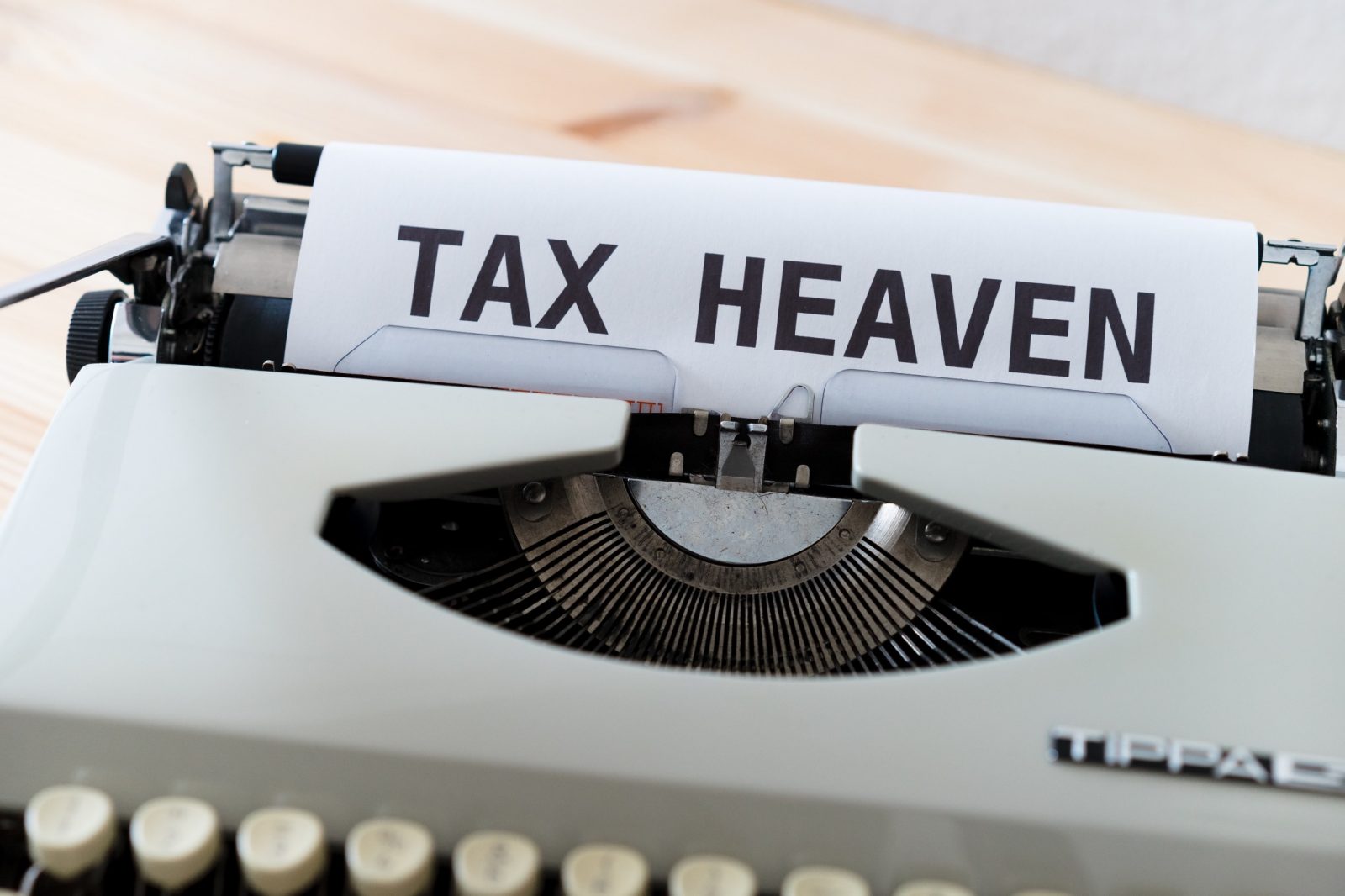
Is the property purchase justified after taxes? Factor it into your considerations before buying
When deciding to invest in a property, always remember to include the property tax into the overall cost.
Above all, do be cautious about how much you’re really paying – if you use CPF to cover all the stamp duties. Remember that, when you sell the property, you have to refund the monies used from CPF with interest. This can be substantial, if you also paid for BSD and ABSD through your CPF.
To know about the other facets of the property, check out our in-depth reviews on Stacked. If you have any further questions feel free to reach out to us at stories@stackedhomes.com
At Stacked, we like to look beyond the headlines and surface-level numbers, and focus on how things play out in the real world.
If you’d like to discuss how this applies to your own circumstances, you can reach out for a one-to-one consultation here.
And if you simply have a question or want to share a thought, feel free to write to us at stories@stackedhomes.com — we read every message.
Ryan J. Ong
A seasoned content strategist with over 17 years in the real estate and financial journalism sectors, Ryan has built a reputation for transforming complex industry jargon into accessible knowledge. With a track record of writing and editing for leading financial platforms and publications, Ryan's expertise has been recognised across various media outlets. His role as a former content editor for 99.co and a co-host for CNA 938's Open House programme underscores his commitment to providing valuable insights into the property market.Need help with a property decision?
Speak to our team →Read next from Property Advice
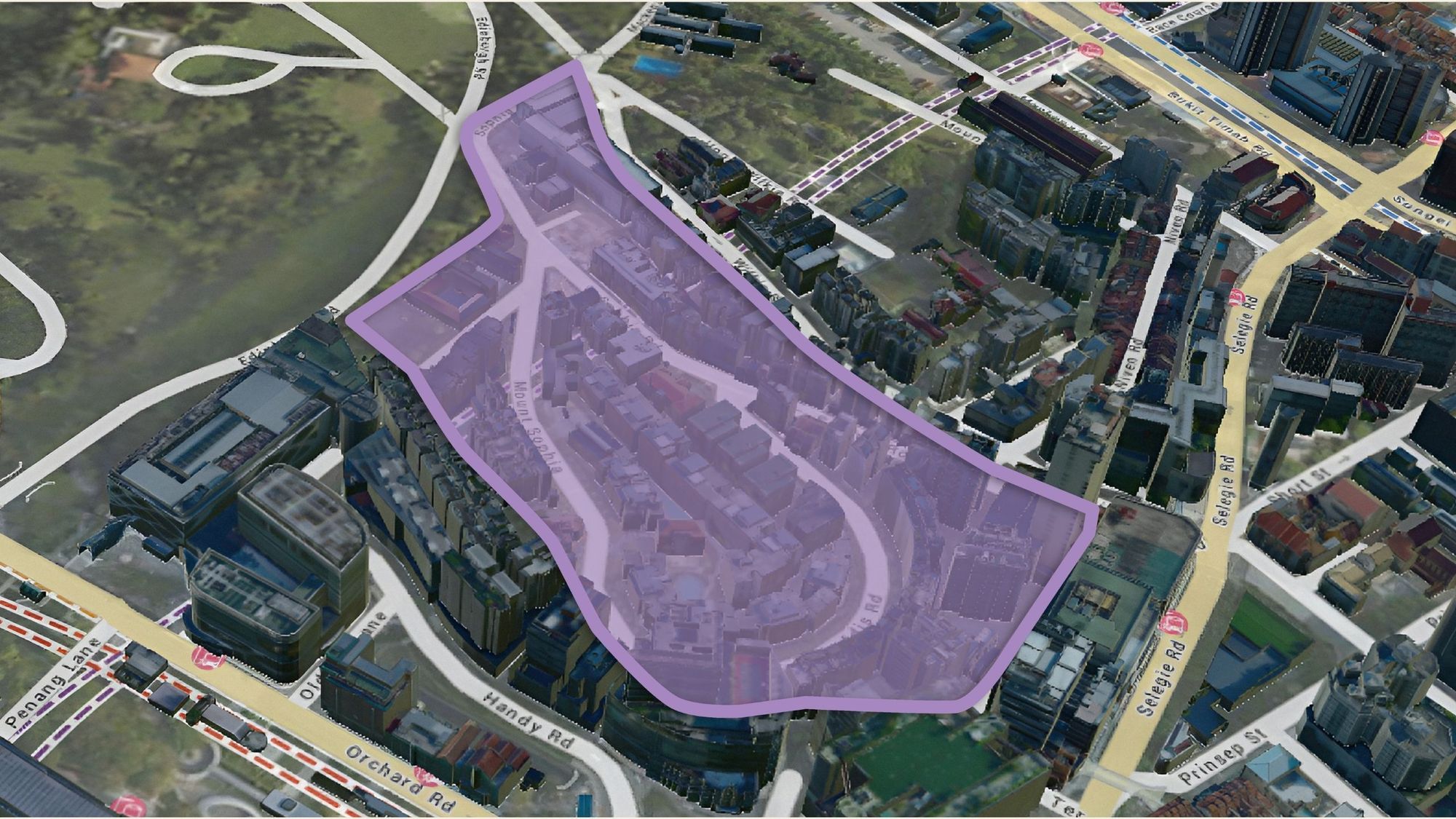
Property Advice These Freehold Condos Near Orchard Haven’t Seen Much Price Growth — Here’s Why

Property Advice We Sold Our EC And Have $2.6M For Our Next Home: Should We Buy A New Condo Or Resale?

Property Advice We Can Buy Two HDBs Today — Is Waiting For An EC A Mistake?

Property Advice I’m 55, Have No Income, And Own A Fully Paid HDB Flat—Can I Still Buy Another One Before Selling?
Latest Posts
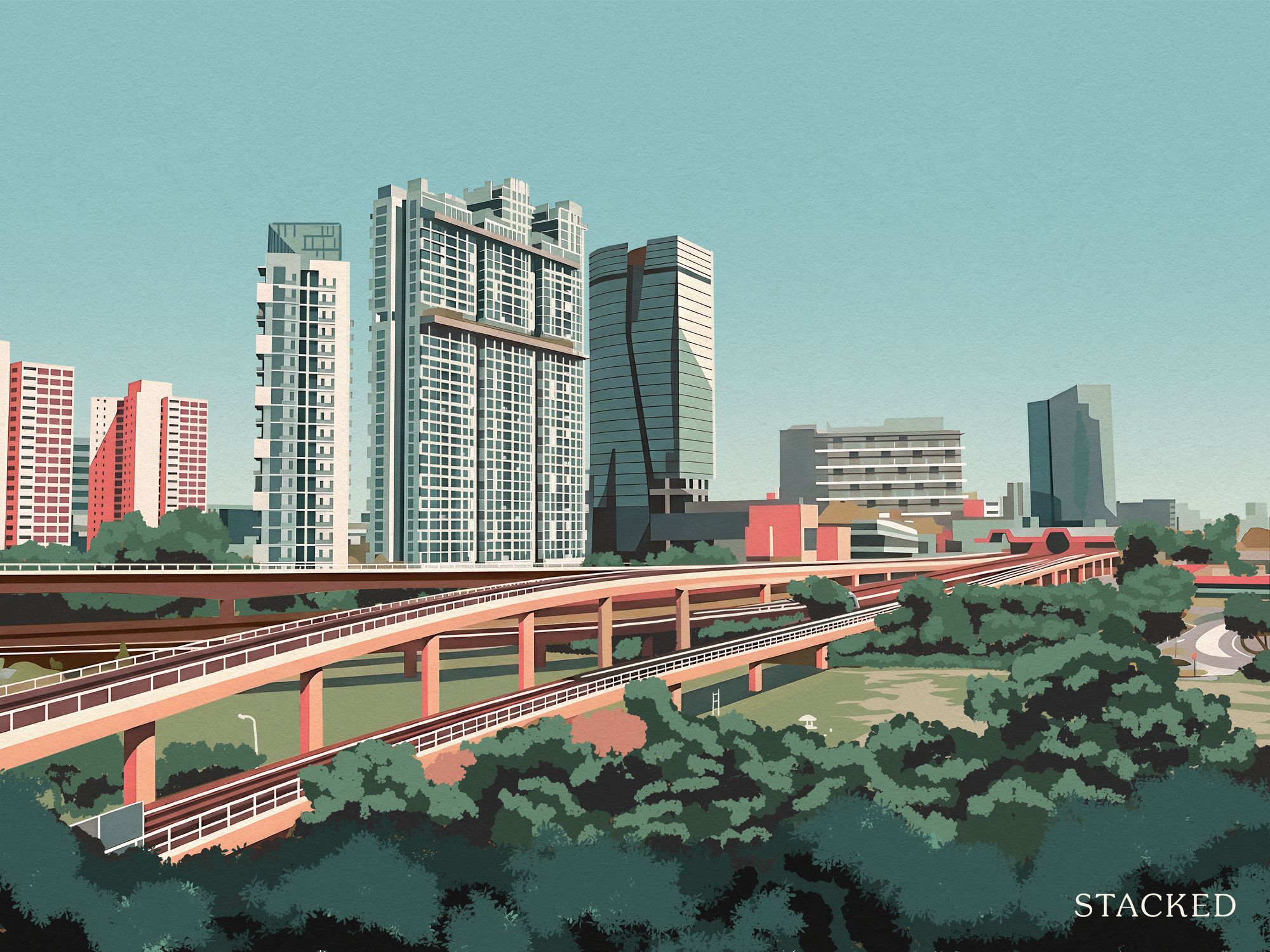
Pro Older Jurong East Flats Are Holding Their Value Surprisingly Well — Even After Lease Decay Kicks In
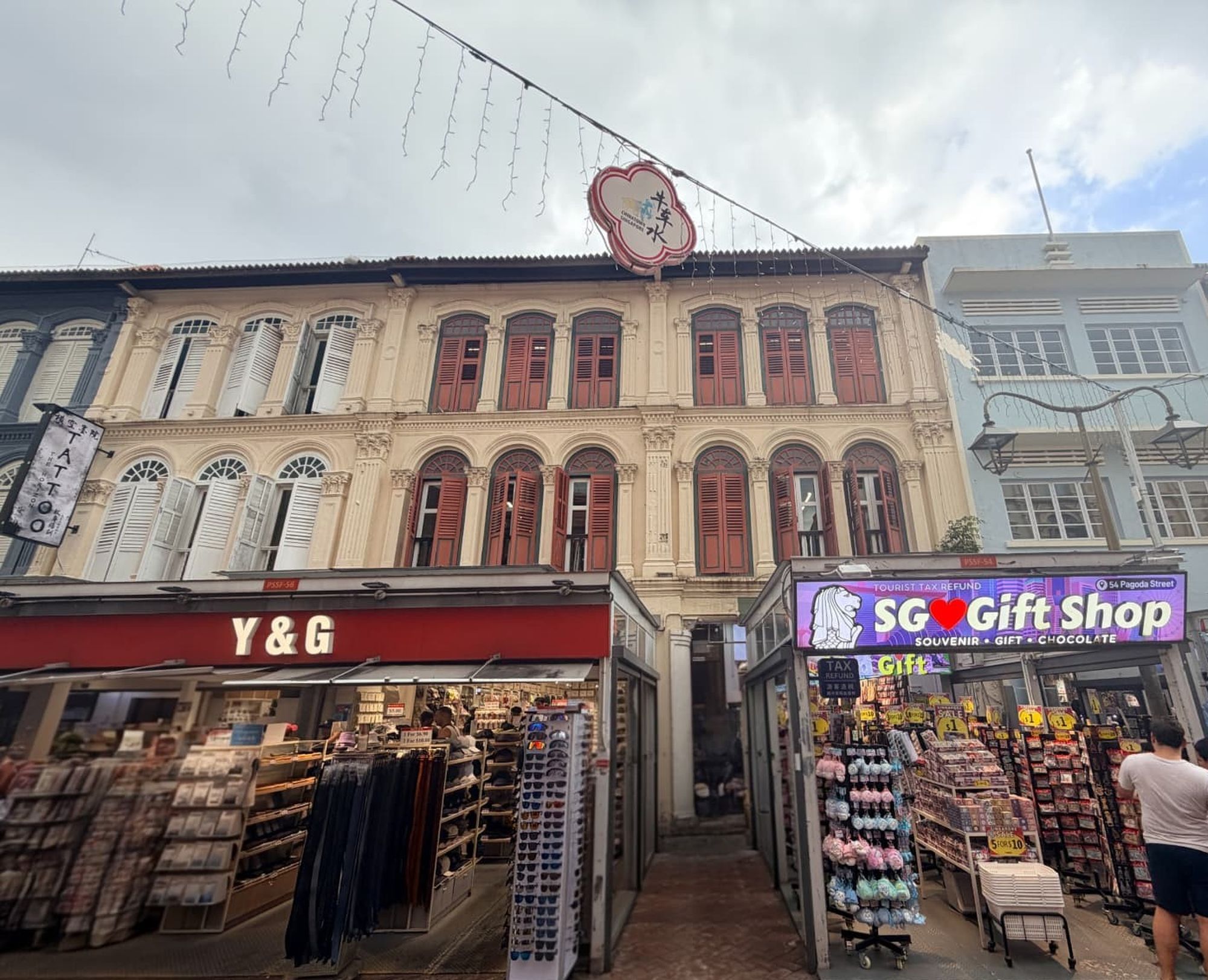
On The Market A Rare Pair Of Conserved Shophouses In Chinatown Just Hit The Market For $32.5M
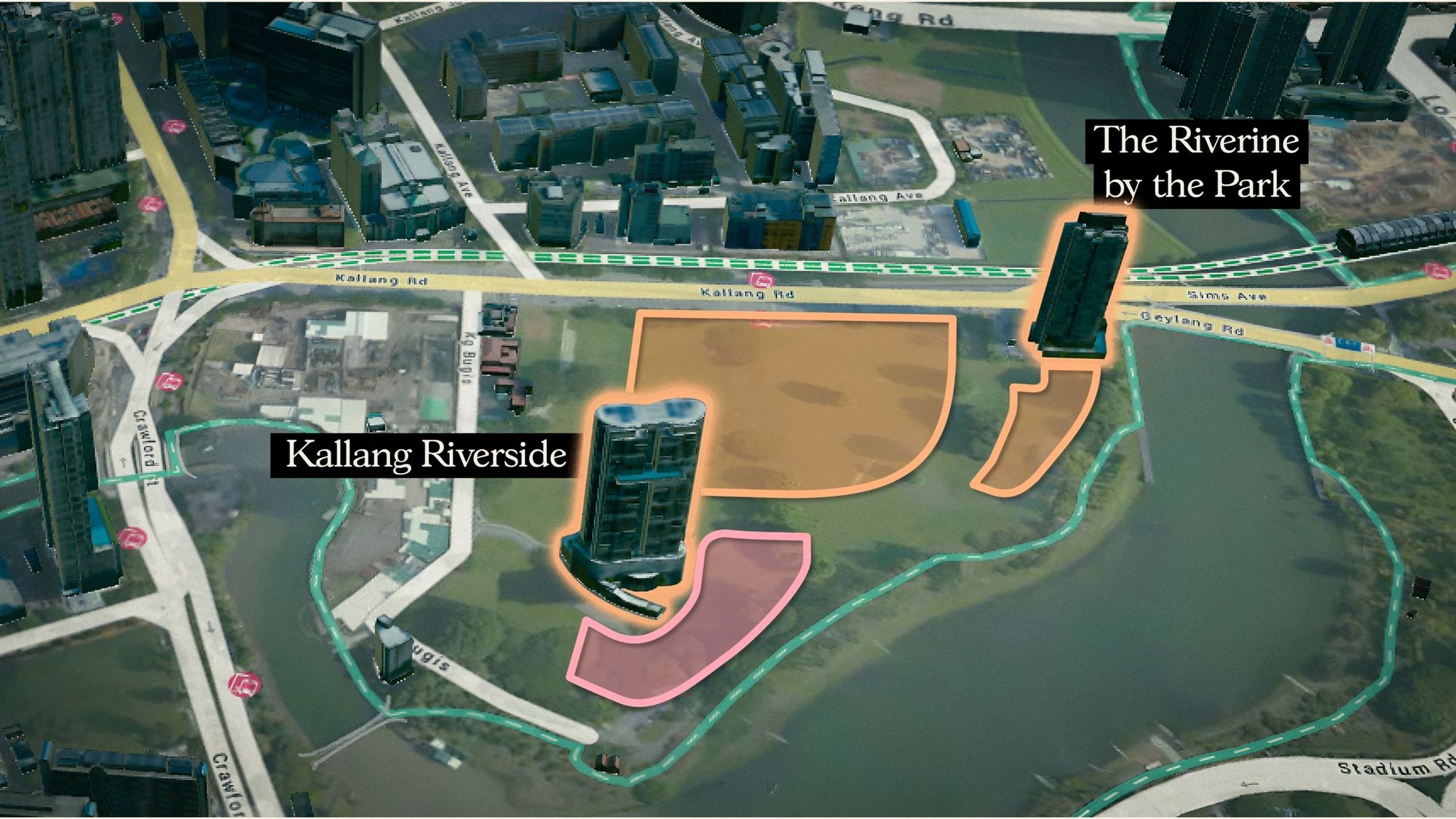
Singapore Property News Some Units At This Freehold Riverfront Condo Could Lose Their Views — But Here’s How Prices Have Actually Moved
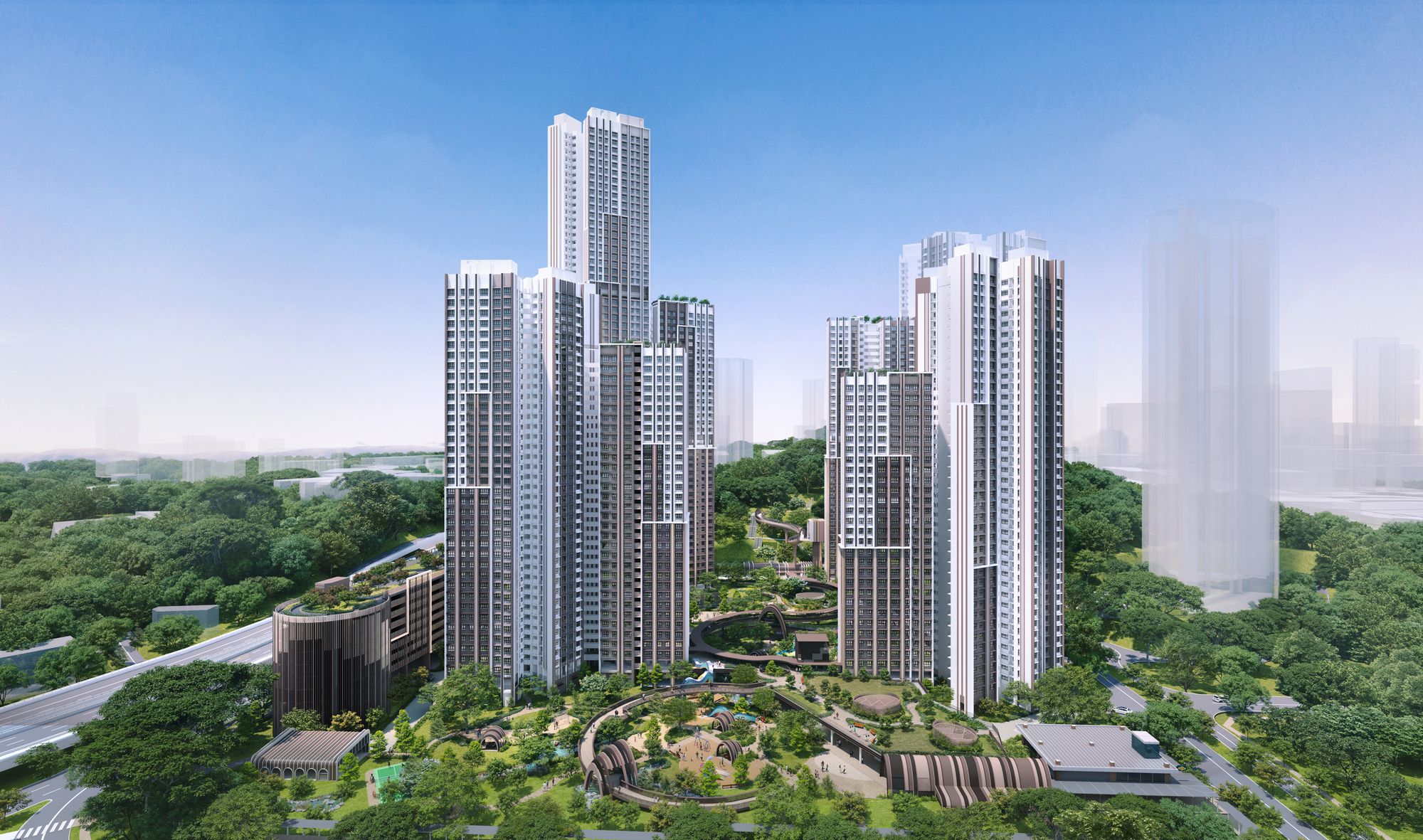























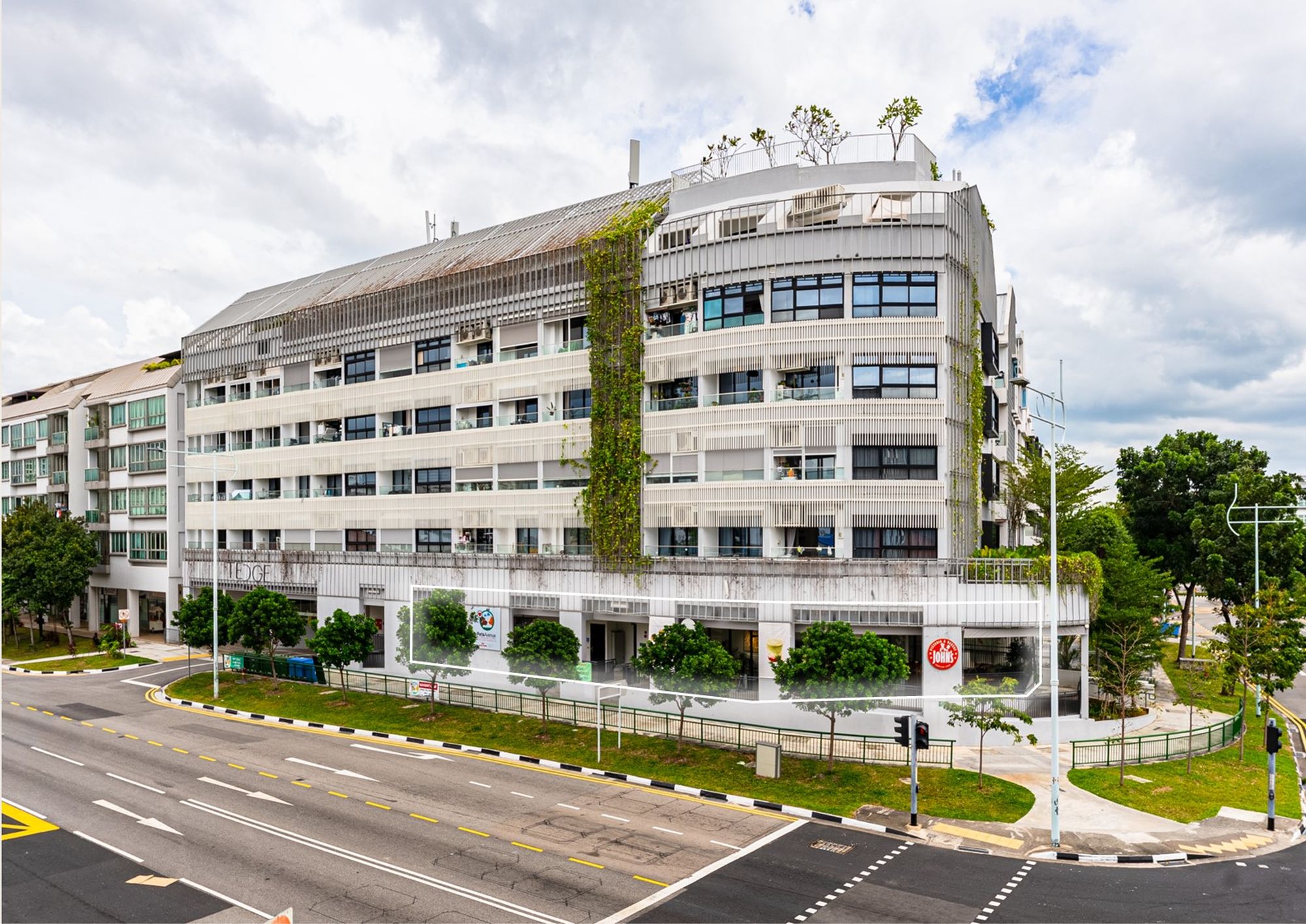











0 Comments